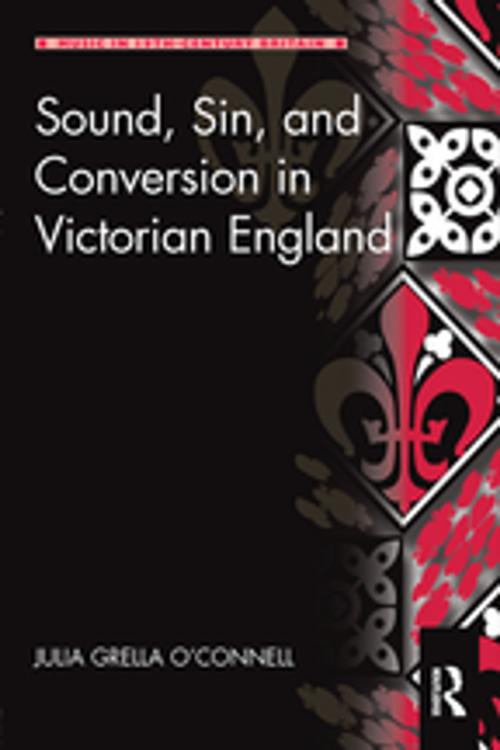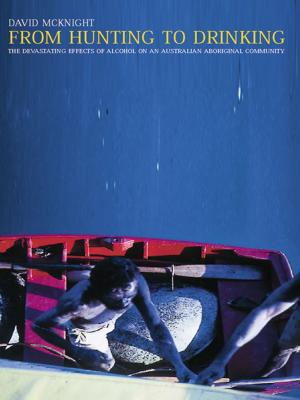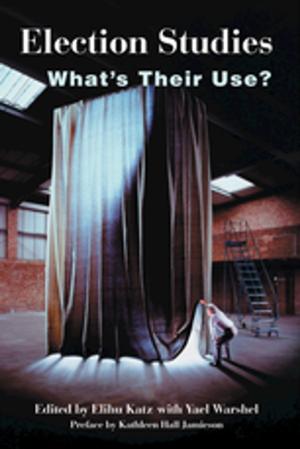| Author: | Julia Grella O'Connell | ISBN: | 9781317091530 |
| Publisher: | Taylor and Francis | Publication: | April 19, 2018 |
| Imprint: | Routledge | Language: | English |
| Author: | Julia Grella O'Connell |
| ISBN: | 9781317091530 |
| Publisher: | Taylor and Francis |
| Publication: | April 19, 2018 |
| Imprint: | Routledge |
| Language: | English |
The plight of the fallen woman is one of the salient themes of nineteenth-century art and literature; indeed, the ubiquity of the trope galvanized the Victorian conscience and acted as a spur to social reform. In some notable examples, Julia Grella O’Connell argues, the iconography of the Victorian fallen woman was associated with music, reviving an ancient tradition conflating the practice of music with sin and the abandonment of music with holiness. The prominence of music symbolism in the socially-committed, quasi-religious paintings of the Pre-Raphaelites and their circle, and in the Catholic-Wagnerian novels of George Moore, gives evidence of the survival of a pictorial language linking music with sin and conversion, and shows, even more remarkably, that this language translated fairly easily into the cultural lexicon of Victorian Britain. Drawing upon music iconography, art history, patristic theology, and sensory theory, Grella O’Connell investigates female fallenness and its implications against the backdrop of the social and religious turbulence of the mid-nineteenth century.
The plight of the fallen woman is one of the salient themes of nineteenth-century art and literature; indeed, the ubiquity of the trope galvanized the Victorian conscience and acted as a spur to social reform. In some notable examples, Julia Grella O’Connell argues, the iconography of the Victorian fallen woman was associated with music, reviving an ancient tradition conflating the practice of music with sin and the abandonment of music with holiness. The prominence of music symbolism in the socially-committed, quasi-religious paintings of the Pre-Raphaelites and their circle, and in the Catholic-Wagnerian novels of George Moore, gives evidence of the survival of a pictorial language linking music with sin and conversion, and shows, even more remarkably, that this language translated fairly easily into the cultural lexicon of Victorian Britain. Drawing upon music iconography, art history, patristic theology, and sensory theory, Grella O’Connell investigates female fallenness and its implications against the backdrop of the social and religious turbulence of the mid-nineteenth century.















